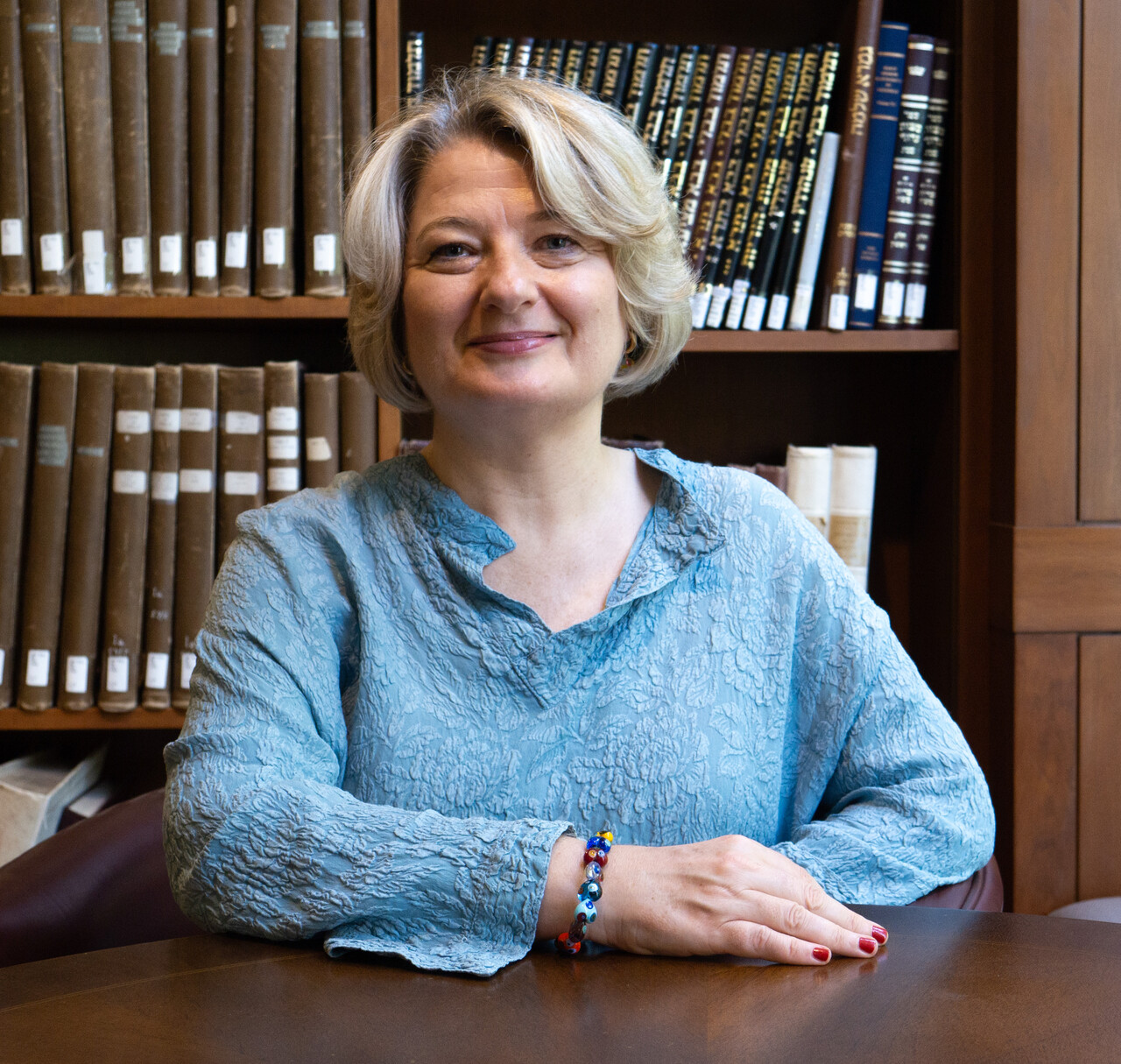By Levi D’Amato

During the 2024-25 academic year, Prof. Natalia Aleksiun (the Harry Rich Professor of Holocaust Studies in UF’s Shorstein Center) will hold the Dalck and Rose Feith Family Fellowship at the Katz Center for Advanced Judaic Studies of the University of Pennsylvania. The Katz Center is one of the world’s most prestigious research centers in the field of Jewish studies. Having proposed the theme of “Jews and Health,” together with Prof. Joshua Teplitsky and Dr. Arthur Kiron, Aleksiun was invited to join an international and interdisciplinary cohort of scholars who are working on the intersection of Jewish experience and the robust field of the history of medicine. The projects within the cohort range from studies of the imperial management of the plague in early modern central Europe, to the legislation of mental health in Antiquity, to the use of illness metaphors in Hebrew literature, to the role of physicians as information brokers along the silk roads.
While at the Katz Center, Dr. Aleksiun will complete her book project, titled: “Jews, Cadavers, and the Politics of Medical Discourse in East Central Europe.” The project examines the history of a brutal campaign known as the “Cadaver Affair” at medical schools in Poland, Romania, Czechoslovakia, Austria, and Hungary during the interwar period. Then, as now, medical newly matriculated students studied anatomy by working on cadavers. But national organizations of “Christian students” strongly objected to Jewish medical students’ handling non-Jewish bodies. As medical schools admitted a growing number of students, the conflict disrupted lectures and led to repeated instances of anti-Jewish violence.
The discourse and practice that emerged tells us a great deal about public health, the medical profession, and political debates about national minorities before World War II. Aleksiun’s project further examines the considerations of Jewish community leaders, rabbis and burial societies, Jewish physicians and medical students, Jewish hospitals, as well as state agencies and university administrations. As a fellow at the Katz Center, Aleksiun will take advantage of rich historical literature, participate in the weekly seminars, and deliver a formal lecture at the beginning of the spring semester.
“I am thrilled to return to the Katz Center for Advanced Judaic Studies as a fellow this year. This is a place that brings together leading scholars in the field and forges important scholarly collaborations in Jewish history. It is a privilege to be part of an intellectually stimulating academic community.”
Shorstein Center director Norman JW Goda adds that, “We are very proud of Dr. Aleksiun. Having a fellow at the Katz Center of Dr. Aleksiun’s caliber shows the strength of our Jewish Studies faculty at the University of Florida.”